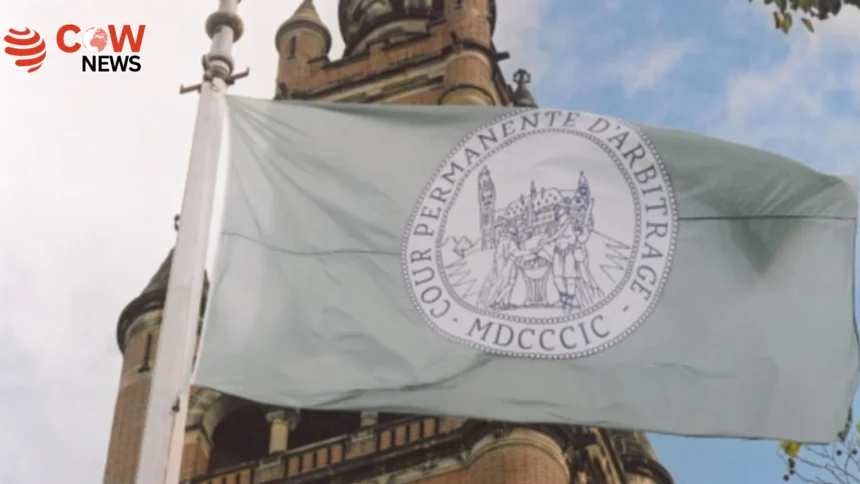The Hague — June 28, 2025:
The Permanent Court of Arbitration (PCA) has ruled that India’s unilateral move to suspend the Indus Waters Treaty and restrict the arbitration process is invalid and legally untenable. The ruling reaffirms the binding nature of the treaty and the authority of the court to continue proceedings.
According to the PCA’s official decision, there is no provision within the 1960 Indus Waters Treaty that allows any party to unilaterally suspend or withdraw from it. The court emphasized that arbitration will proceed regardless of any one party’s decision, and India’s attempt to halt the process does not diminish the court’s jurisdiction.
The tribunal noted,
“Suspension of the treaty by one party does not halt or limit the functioning of the arbitral process. The treaty remains in force unless both Pakistan and India agree to amend or revoke it.”
The court also underscored that the Indian attempt to block proceedings violates the dispute resolution mechanism explicitly outlined in the treaty.
“No party has the right to unilaterally block arbitration. Hindering the court’s role undermines the treaty’s core purpose,” the ruling stated.
The arbitration is centered on Pakistan’s objections to India’s construction of the Kishanganga and Ratle hydropower projects on western rivers allocated to Pakistan under the treaty. Pakistan initiated arbitration in 2016, citing violations of the treaty’s technical guidelines.
India had sought to unilaterally halt arbitration after a deadly incident in Indian-occupied Kashmir in April 2025, where 26 people were killed in a shooting in Pahalgam. Without presenting evidence, India blamed Pakistan and responded by declaring a suspension of the Indus Waters Treaty. This step has now been legally rebuffed by the PCA.
The Government of Pakistan welcomed the verdict, calling it a significant affirmation of international law. In a statement, Islamabad said,
“We appreciate the court’s recognition of India’s actions as illegal. Prime Minister Shehbaz Sharif remains committed to peaceful resolution of all disputes — including water, Kashmir, trade, and terrorism — through meaningful dialogue.”
The Indus Waters Treaty, brokered by the World Bank in 1960, remains one of the most durable water-sharing agreements in the world. Experts say this ruling strengthens its framework and underscores that unilateral actions cannot override legally binding treaties.







